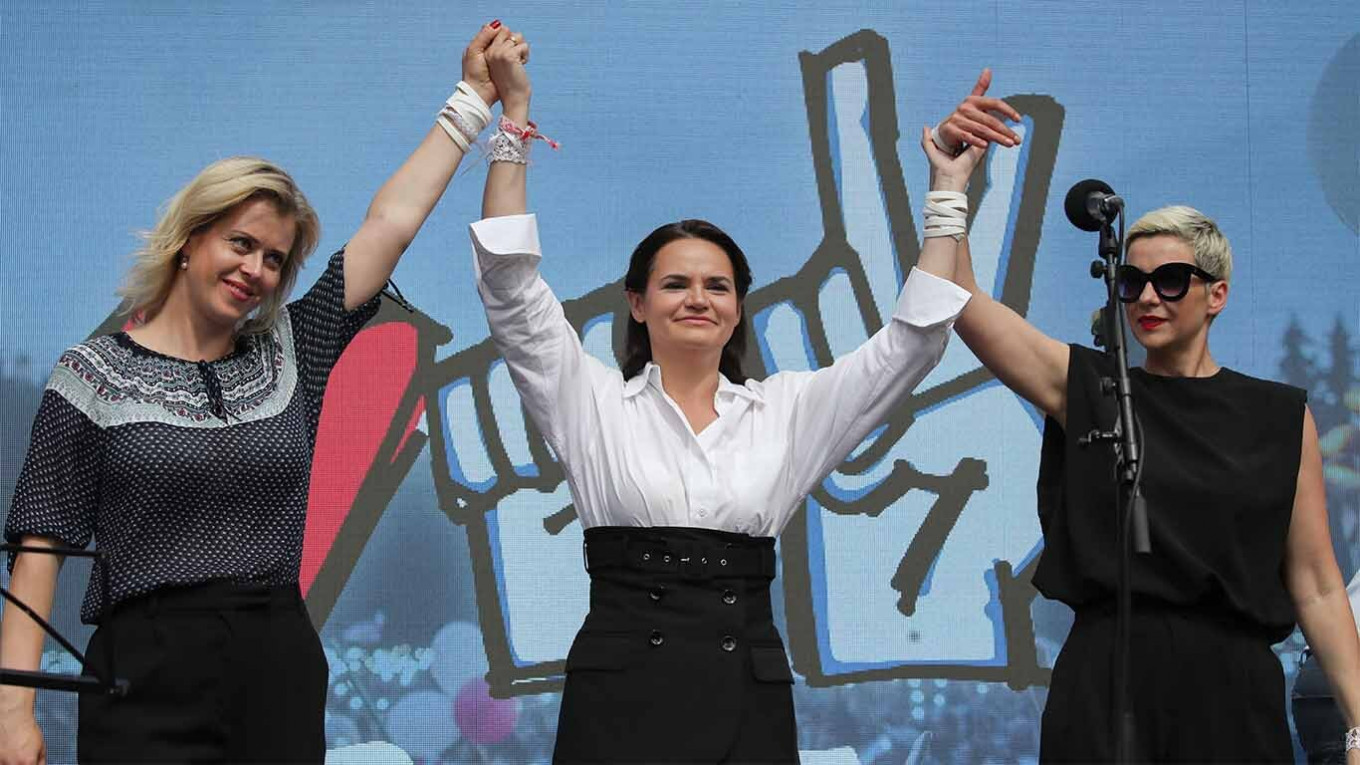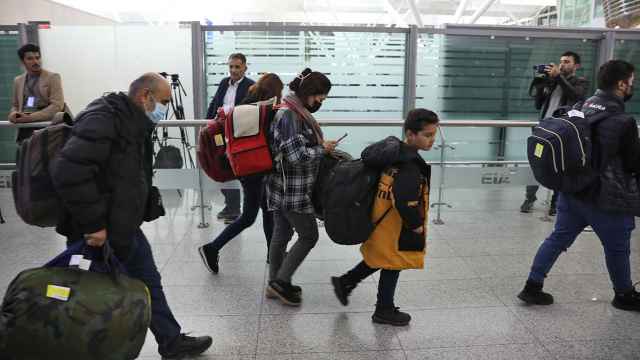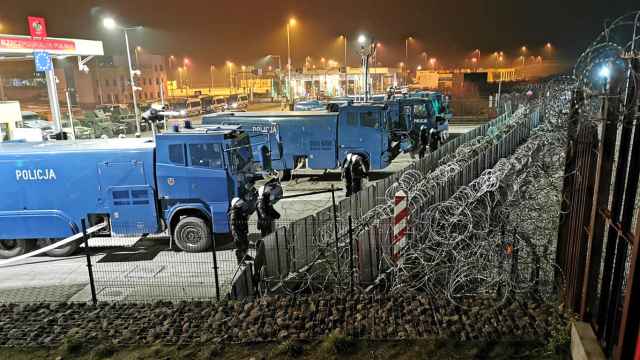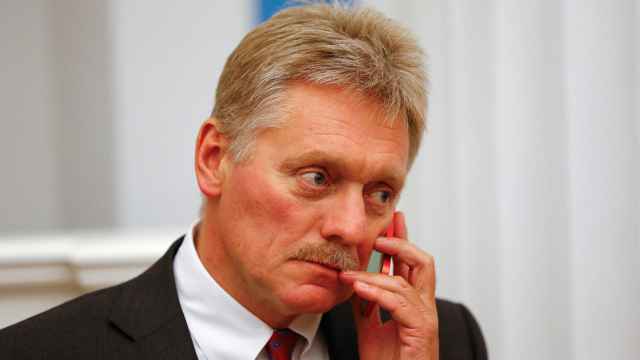Belarus holds presidential polls on Sunday with a novice opposition candidate posing the greatest challenge in years to long-ruling strongman Alexander Lukashenko.
The 65-year-old authoritarian leader has headed the ex-Soviet country bordering Russia since 1994 and Sunday's polls could hand him his sixth term.
After appearing to guarantee himself a smooth path to victory by detaining and ejecting major opposition candidates, Lukashenko has been blindsided by the rapid rise of Svetlana Tikhanovskaya, by far the strongest of his four rivals in voter surveys.
She has run an effective and stylish campaign, with open-air rallies attracting thousands of Belarusians around the country, chanting "change" and "freedom" while waving lit-up cellphones to a song about breaking down prison walls.
The 37-year-old English teacher and translator by profession who calls herself "an ordinary woman, mother and wife" stepped into the race at great personal risk after the detention of her husband, a popular opposition blogger, who had hoped to stand himself.
Initially uncomfortable in the spotlight, Tikhanovskaya has attracted broad support with her promise to free detained opposition figures including her husband.
She also says that if she wins she will call fresh elections that will include the entire opposition.
Her all-female campaign team includes the wife of one barred opposition chief and the campaign manager of another.
Their T-shirts display their trio of symbols: a fist, a heart and a V for victory sign.
Tikhanovskaya has urged voters to help ward off election fraud by not taking part in early voting and by voting late on the main polling day, Sunday.
The result remains in little doubt, however.
Belarus has not held polls judged free and fair since 1995 and this time Minsk has not invited observers from the European OSCE observer group for the first time since 2001.
Warnings of plots
In the run-up to Sunday's vote, Lukashenko has sought to galvanize support for his rule by warning of outside threats and raising the specter of violent mobs.
The KGB security service announced detentions of a group of Russian mercenaries allegedly planning to destabilize the vote, saying they were from Wagner, a shadowy private army reportedly funded by a close associate of President Vladimir Putin.
Adding further embarrassment for Russia, the men testified that they were en route to other countries including Venezuela.
Belarus accused them of planning mass unrest along with detained opposition figures including Tikhanovskaya's husband.
Lukashenko also gave non-specific warnings of a plotted massacre in Minsk and foreign-funded cyber campaigns aimed at inciting "color revolutions" in a televised address this week.
In the past he has crushed protests with riot police and hefty jail terms, prompting Western sanctions.
He said he would accept the outcome of the vote but asked for a chance to "save the country."
Some questioned Lukashenko's state of health as he sounded hoarse, looked pallid and constantly mopped his brow.
Usually a vigorous man who proclaims his love of rural life and sport, he recently acknowledged he had contracted coronavirus "without symptoms" — after repeatedly dismissing fears over the virus and refusing to put the country into lockdown.
Sandwiched between European Union member states and Russia, Belarus is often described as Europe's last dictatorship and still has the death penalty.
Lukashenko has retained close ties to Moscow, though he often plays Russia and the West against each other, and the country's economy is heavily dependent on Russian oil imports.
A Message from The Moscow Times:
Dear readers,
We are facing unprecedented challenges. Russia's Prosecutor General's Office has designated The Moscow Times as an "undesirable" organization, criminalizing our work and putting our staff at risk of prosecution. This follows our earlier unjust labeling as a "foreign agent."
These actions are direct attempts to silence independent journalism in Russia. The authorities claim our work "discredits the decisions of the Russian leadership." We see things differently: we strive to provide accurate, unbiased reporting on Russia.
We, the journalists of The Moscow Times, refuse to be silenced. But to continue our work, we need your help.
Your support, no matter how small, makes a world of difference. If you can, please support us monthly starting from just $2. It's quick to set up, and every contribution makes a significant impact.
By supporting The Moscow Times, you're defending open, independent journalism in the face of repression. Thank you for standing with us.
Remind me later.






